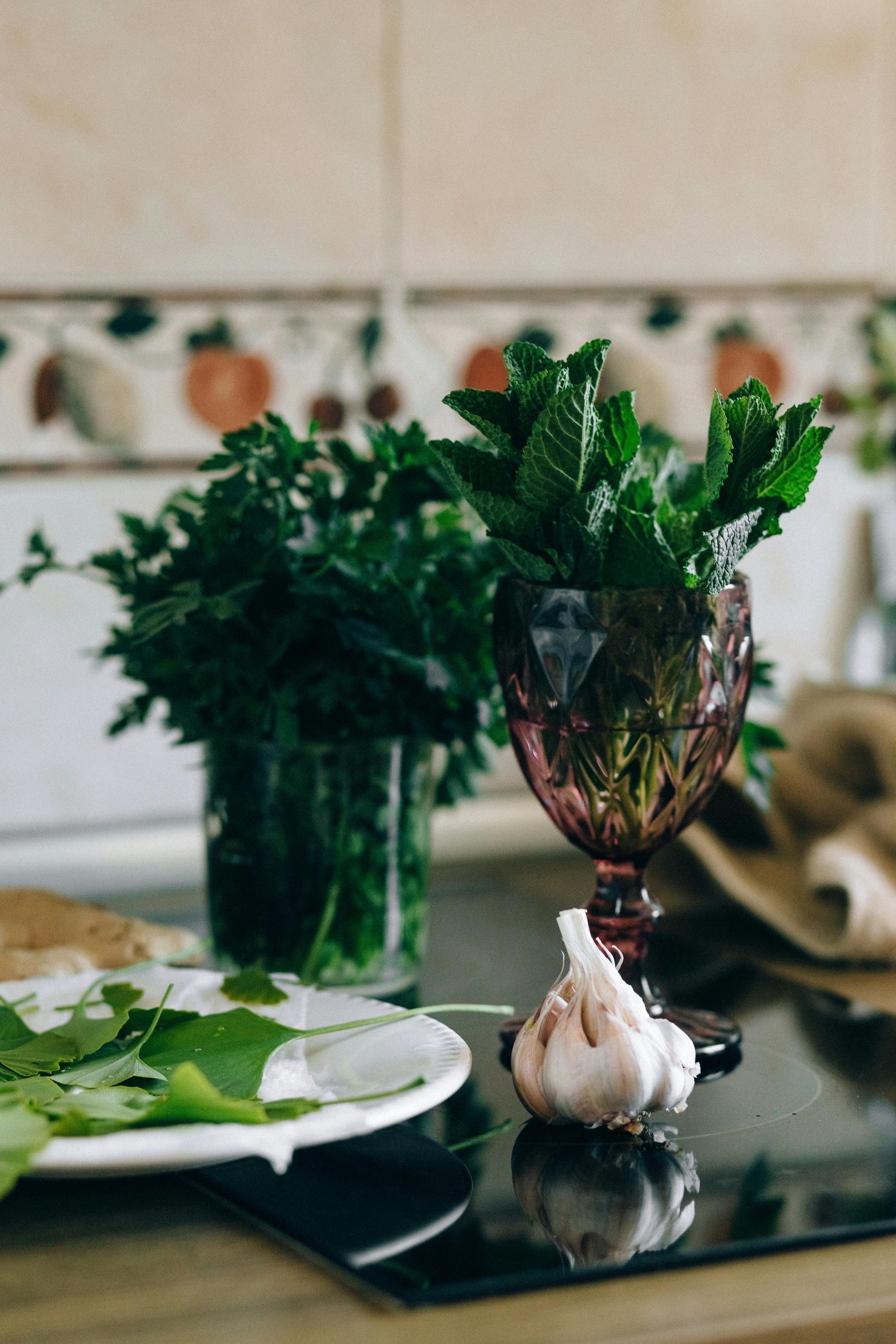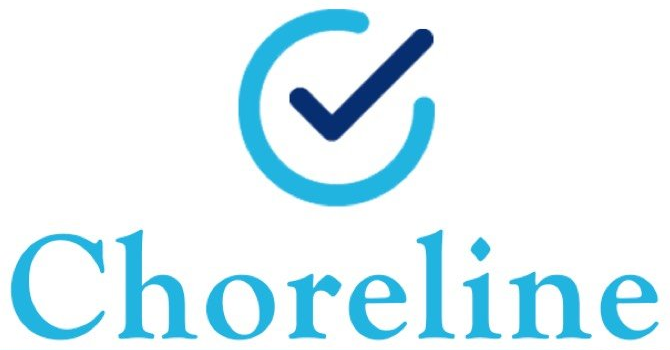Keeping your home pest-free shouldn't mean exposing your family to toxic chemicals. Eco-friendly pest control offers safer alternatives that protect both your loved ones and the environment. From essential oils to beneficial insects, nature provides powerful solutions to common pest problems. In this guide, we'll share five proven natural pest control methods that are effective, affordable, and sustainable. Whether you're dealing with ants, mosquitoes, or garden pests, these green pest solutions can help maintain a healthy home without compromising safety.

Let's explore how you can implement these environmentally friendly pest control strategies today.
1. Essential Oils: Nature's Powerful Pest Repellents (H2)
Essential oils aren't just for aromatherapy—they're natural pest deterrents with proven effectiveness:
- Peppermint Oil: The strong scent drives away ants, spiders, and even rodents. Try soaking cotton balls and placing them near entry points.
- Lavender Oil: Perfect for keeping moths out of closets and deterring fleas on pets.
- Tea Tree Oil: A potent solution against bed bugs when mixed with water (add 20 drops per spray bottle).
- Citronella Oil: The classic mosquito repellent for outdoor gatherings.
Pro Tip: Refresh your oil barriers weekly for maximum effectiveness. Many homeowners report success by combining oils—peppermint and tea tree make a particularly potent anti-ant blend.
2. Diatomaceous Earth: The Natural Insect Killer (H2)
Diatomaceous earth (DE) works like microscopic shards that pierce insects' exoskeletons, causing dehydration. It's completely safe for humans and pets but deadly to:
- Ants 🐜
- Bed bugs 🛏️
- Fleas 🐕
- Cockroaches 🪳
How to use it effectively:
- Apply a thin layer along baseboards
- Dust under appliances
- Sprinkle around pet bedding areas
- Reapply after vacuuming or if wet
Safety Note: Use food-grade DE only, and avoid inhaling the dust during application.
3. Beneficial Insects: Your Garden's Natural Defenders (H2)
Instead of chemical sprays, recruit nature's own pest control agents:
Insect Prey How to Attract Them
Ladybugs 🐞 Aphids, mites Plant marigolds, dill Praying Mantis Flies, caterpillars Provide tall grasses
Lacewings Thrips, whiteflies Grow cosmos, sunflowers
Real-life example: A Manchester gardener reduced her aphid problem by 80% after releasing 1,500 ladybugs in her vegetable patch last spring.
4. DIY Organic Sprays: Kitchen Remedies That Work (H2)
Whip up these effective sprays using common household items:
Garlic Spray (for aphids):
- 10 crushed garlic cloves
- 1 liter water
- Steep overnight, strain, and spray
Neem Oil Spray (all-purpose):
- 2 tsp neem oil
- 1 tsp liquid soap
- 1 liter water
Vinegar Solution (for ants):
- Equal parts vinegar and water
- Add 10 drops essential oil for extra punch
Application Tip: Test on small plant areas first and apply in early morning/late afternoon to avoid leaf burn.
5. Prevention: The Best Pest Control (H2)
Stop infestations before they start with these eco-friendly pest prevention tips:
✅
Seal entry points with caulk (check windows, pipes, and foundations)
✅
Store food in airtight glass or metal containers
✅
Fix leaks promptly—even small drips attract pests
✅
Weekly deep cleans focus on crumbs under appliances
✅
Outdoor maintenance—keep vegetation trimmed back from house
Common mistake: Many homeowners forget to check attic vents—a prime rodent entry point!
FAQ Section (H3)
Q: Are natural pest control methods as effective as chemicals?
A: While they may require more frequent application, natural solutions can be equally effective for prevention and mild infestations. Severe cases may need professional eco-treatment.
Q: How often should I reapply diatomaceous earth?
A: After cleaning or if it gets wet. In dry areas, it remains effective for weeks.
Q: What's the safest pest control for homes with pets?
A: Diatomaceous earth (food grade) and essential oil sprays (diluted properly) are both pet-safe options.
For stubborn infestations in Manchester or London, our team at Choreline Ltd provides professional eco-friendly pest control services:
📞 Call: +44 7462 413897
📧 Email:
info@choreline.co.uk
You might also like




